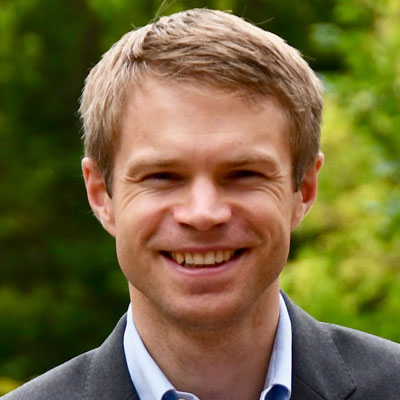Ordinary Rebels: Rank and File Militants between War and Peace | 2024 | Events

Abstract:
How do armed organizations change when states agree to tolerate their activities? In this book project, I investigate how government ceasefire offers have transformed the personnel and behavior of armed groups in Northeast India and Sri Lanka. The project employs innovative survey experiments among almost 400 prospective recruits in three conflict zones testing how government crackdown and ceasefire changes which groups they are willing to join under different conditions, as well as in-depth interviews of dozens of current and former militants tracing armed groups’ recruitment and activities over time. I find that, in the absence of state violence, armed groups attract more numerous but less committed recruits, and recruits flock toward more moderate factions. These dynamics help explain the seemingly contradictory behavior of armed groups in low-intensity conflicts and peripheral regions: these groups can be simultaneously larger and better resourced, less cohesive, and more open to compromise with state forces.
Bio:
Kolby Hanson is an Assistant Professor of Government at Wesleyan University. His research focuses on the internal politics of armed organizations, both state militaries and non-state armed groups, particularly in South and Southeast Asia. He uses a wide variety of research methods: field experiments, lab-in-the-field experiments, formal models, large-N quantitative analysis, and in-depth qualitative interviews. His work has been published in American Journal of Political Science, Security Studies, International Peacekeeping, and Journal of Experimental Political Science. Prior to Wesleyan, he was a postdoctoral fellow at the U.S. Naval War College and at the Dickey Center for International Understanding at Dartmouth. He earned his Ph.D. in Political Science from Columbia University in May 2019. He also holds a B.A. in Political Science from Stanford University and an M.A. and M.Phil. from Columbia.
